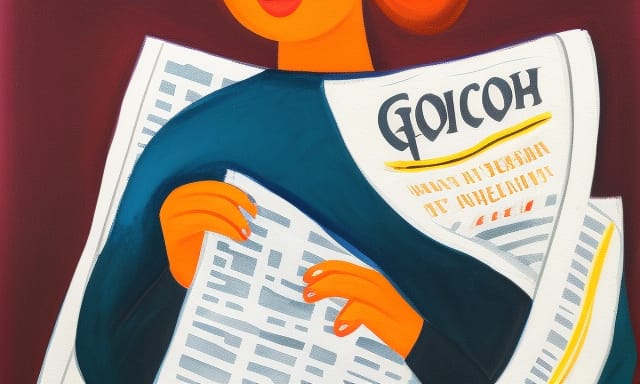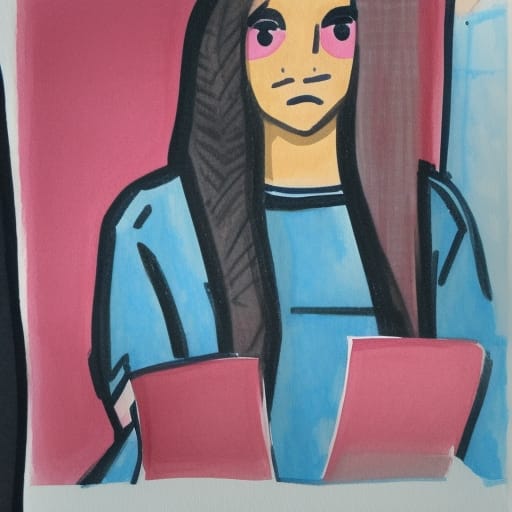Lowkey cool reasons I'm programming a learning event for Magnum Photos
I've been exposed to a lot of educational schemes in the public and charitable sectors recently. Now I’m enjoying working on a commercial thing for three reasons.

In continuation of my attempts to build a career off asking people questions, I’ll be chairing a series of seminars for Magnum Photos at the end of the month called The All-round Guide to the Image Archive, which is for photographers and cultural workers. You can find the event here. Over four ticketed sessions at $150 participants get vocational advice from photographers and photo industry people. The topic is archives - in relation to artistic practice, collection management, book publishing and getting into cultural institutions. There’s also a free session on how to sell prints.
We’ve got some good content prepared and I’m thrilled that I get the opportunity to be in conversation with one of my favourite photographers, Susan Meiselas, about creatively building archives, as well as the first Magnum photographer I ever knew, English national treasure and photobook titan Martin Parr. Experts include Andrew Sanigar, Commissioning Editor at Thames and Hudson, as well as Simon Baker, former Photography Curator at the Tate, now director of Maison Européenne de la Photographie (MEP).

But for the blog I thought I would talk a bit more about what the process of doing this is like with this type of organisation. Magnum is a photo agency that works trying to get photographers paid (to greater and lesser degrees of success). It's also run by these photographers, who make up the board and decide all its business movements. Working in the heritage sector over the last year has exposed me to a lot of other educational schemes based on publicly funded models, but I’m enjoying working on the Magnum project as a commercial thing. There’s three reasons.
There’s the actual running of Magnum as a commercial company which shapes the way it (and other news agencies) have defined current affairs and history. Editorial middlemen are essentially at the will of what sells, according to ex-picture editor and news desk veteran Hamish Crooks, but their work helps to facilitate the spread of said material. Hamish spoke to me about this before on my podcast about photographic representation (listen here) and he’s talking with me again on the seminar. I really like this topic because questions about the market for culture and media are really questions about what popular memory is and who defines it.
Then there’s the participants of the seminar. They’ve paid for a ticket for a reason and they want some advice they can put into practice. How do you make a book and sell it? How do you get into a national institution? I’m looking forward to seeing what kind of people pop up and what questions they’re interested in. There will be some photographers for sure, and I want to know what kind of pictures they’re creating. I’m also curious about what other types of archive-people there might be: hopefully someone from a museum or two, as well as people who are in charge of collections for businesses and brands. People sometimes see museums as places which have amassed history in a really diffuse and organic way, but most of the collections in museums were private first and that includes companies. It’s worth exploring how different groups are doing this history-making now.
Finally there’s the excellent Education team at Magnum, which I can’t exactly attribute to the company being commercial as much as the team being made up of very competent and dedicated staff (Bayryam Bayryamali, Sonia Jeunet and Capella Buncher). These three know exactly what structures work best to deliver workshops, they know their photographers — who are their bosses — inside out, and generally run programmes as a well oiled machine. Some of the time in arts, education is used as a kind of a stepping stone to more glorified types of programming like curation. But Bay, Sonia and Capella specifically are invested in and dedicated to people being trained. I would say, having previously been employed at Magnum for three years, that having not terrible pay and fewer bureaucratic hurdles to jump through in comparison with some of my other arts learning contemporaries does probably contribute to passionate staff being able to stay in place for longer.
If you want a bit more info about the actual content of this seminar series, I worked on a piece for Magnum’s magazine which you can read here.